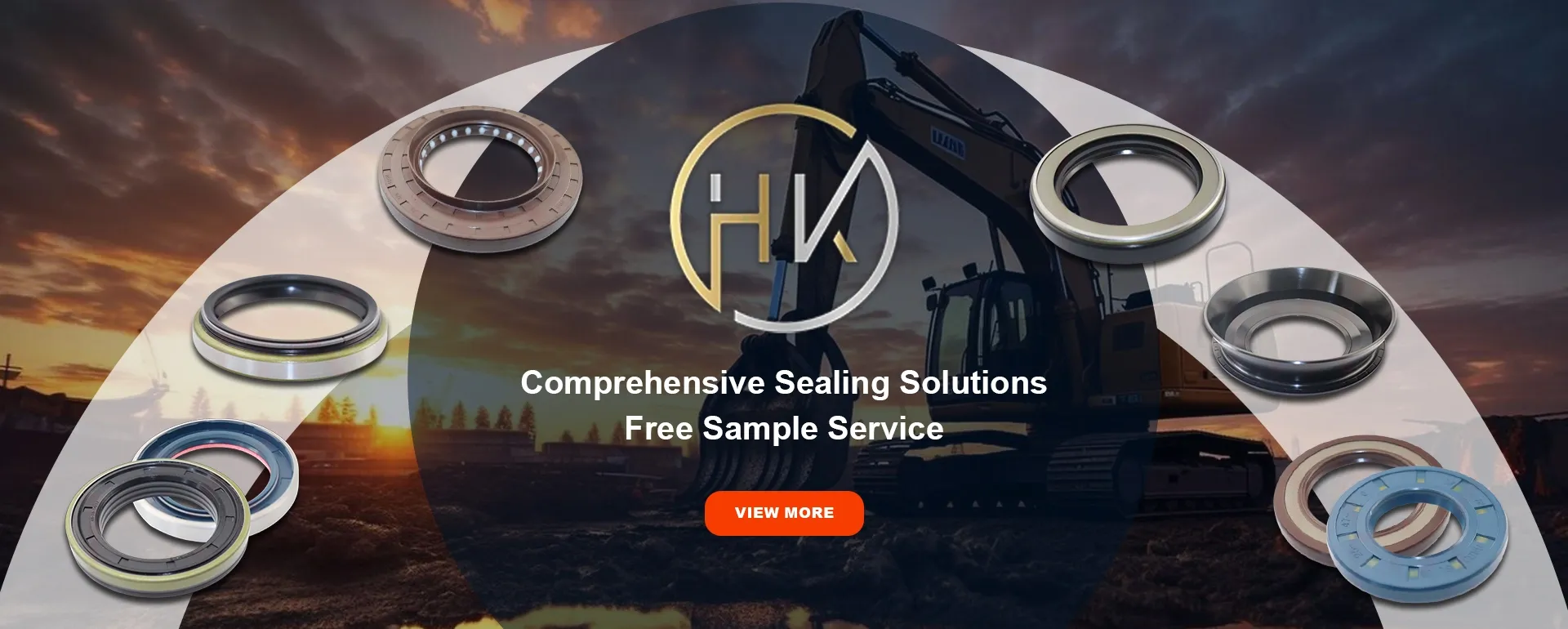Aug . 15, 2024 09:48 Back to list
Understanding Oil Seals Their Importance in Machinery and Ensuring Optimal Performance and Longevity
Understanding Oil Seals Function, Types, and Applications
Oil seals, also known as shaft seals or lip seals, play a critical role in various machinery and automotive applications. Designed to prevent the leakage of lubricants, these seals are essential for maintaining the efficiency and lifespan of equipment. Understanding the function, types, and applications of oil seals helps in making informed decisions for maintenance and repairs.
Function of Oil Seals
The primary function of an oil seal is to contain lubricants within specific compartments of machinery while preventing contaminants such as dirt, dust, and moisture from entering. This is crucial for mechanical systems, as proper lubrication reduces friction and wear between moving parts, ensuring smooth operation. Oil seals also contribute to the overall performance of equipment by maintaining optimal pressure within the sealed chamber, which is especially important in hydraulic systems and engines.
The design of an oil seal typically includes a flexible lip made from rubber or synthetic materials
. This lip creates a tight seal against the shaft and adjusts to any slight movement or misalignment, allowing for continued protection against leakage. Moreover, oil seals can accommodate a variety of operating conditions, including temperature fluctuations and chemical exposure.Types of Oil Seals
Oil seals come in various shapes and sizes, tailored to meet specific industry requirements. Some of the most common types include
1. Rotary Oil Seals These are specifically designed for rotating shafts and are often used in engines, gearboxes, and pumps. They have a thin lip that presses against the shaft, ensuring a secure seal.
oil seal

2. Hydraulic Seals Used in hydraulic cylinders and systems, these seals can withstand high pressure and are designed to prevent fluid leakage. They are crucial in applications where hydraulic fluid is used for power transmission.
3. Mechanical Seals While not traditional oil seals, mechanical seals are essential in applications requiring a hermetic seal. They are commonly found in pumps and mixers, where maintaining fluid containment is vital.
4. Non-Rotary Oil Seals These seals are used in static applications and are designed to seal around non-rotating components, such as flanges and end caps.
Applications of Oil Seals
Oil seals are utilized across a wide range of industries, including automotive, aerospace, manufacturing, and oil and gas. In the automotive sector, they are found in engines, gearboxes, and steering systems, protecting against fluid leaks that could compromise performance and safety.
In aerospace applications, oil seals ensure the reliability of hydraulic systems and fuel tanks, where maintaining pressure and preventing leaks is crucial. The manufacturing industry also relies on oil seals in machinery and equipment, safeguarding against potential failures that could lead to costly downtimes.
Conclusion
Oil seals are an indispensable component in modern machinery and automotive systems. Their ability to prevent leaks and protect against contaminants not only enhances the performance of equipment but also extends its lifespan. Understanding the various types and applications of oil seals empowers operators and maintenance personnel to make informed choices, ensuring that their systems remain efficient and reliable. Whether in a vehicle, an aircraft, or industrial equipment, the significance of oil seals cannot be overstated, as they contribute to the smooth operation of countless machines that are vital in our everyday lives.
-
TCN Oil Seal Metal Ring Reinforcement for Heavy Machinery
NewsJul.25,2025
-
Rotary Lip Seal Spring-Loaded Design for High-Speed Applications
NewsJul.25,2025
-
Hydraulic Cylinder Seals Polyurethane Material for High-Impact Jobs
NewsJul.25,2025
-
High Pressure Oil Seal Polyurethane Coating Wear Resistance
NewsJul.25,2025
-
Dust Proof Seal Double Lip Design for Construction Equipment
NewsJul.25,2025
-
Hub Seal Polyurethane Wear Resistance in Agricultural Vehicles
NewsJul.25,2025
-
The Trans-formative Journey of Wheel Hub Oil Seals
NewsJun.06,2025
Products categories
















